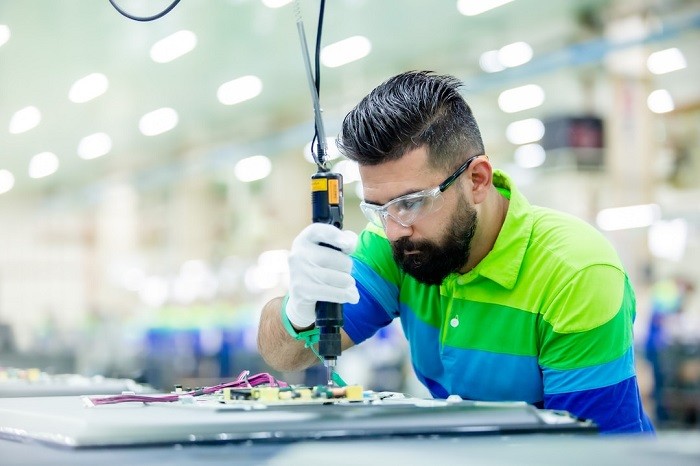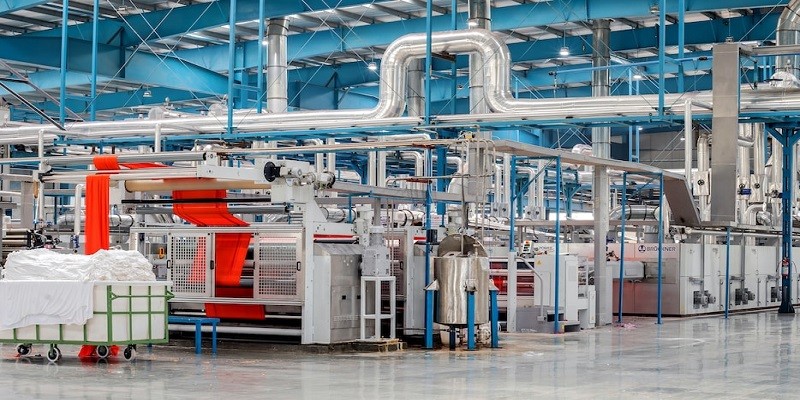Top Benefits of Buying Used Instead of New Industrial Equipment
Industrial equipment forms the backbone of many business operations, be it in the construction, manufacturing, or agricultural sectors. From giant cranes and bulldozers to highly specialized machinery such as a used evaporator, these tools play a significant role in the success of various projects. Interestingly, more and more businesses are starting to see the benefits of purchasing used equipment over new ones. This article will delve into the top reasons why buying used industrial equipment can be a wise and advantageous business decision.
1. Cost Savings
Perhaps the most evident benefit of buying used industrial equipment is the potential for significant cost savings. New machinery often comes with a hefty price tag that can substantially eat into a company’s budget. In contrast, used pieces of equipment, even those that are relatively recent models, are typically much more affordable.
Buying used doesn’t necessarily mean sacrificing quality. In many cases, the used equipment available on the market is in excellent working condition and can perform just as well as brand-new machinery. It’s possible to save up to 50-70% of the initial cost by opting for used equipment, freeing up resources that can be invested in other areas of the business.
2. Quick Availability
When you purchase new equipment, there’s often a wait time associated with receiving your machinery. Manufacturers may require a lead time to assemble and deliver the equipment. Depending on the machinery’s complexity and the manufacturer’s current workload, this can lead to significant project delays.
On the other hand, used equipment is often readily available for immediate use. The moment you complete the transaction, you can have the machinery at your disposal. This immediate availability can be crucial in industries where project timelines are tight, and any delay can result in substantial financial losses.
3. Lower Depreciation Rates
New equipment, just like a new car, suffers from rapid depreciation in its initial years. When you buy new machinery, its value can drop dramatically once it starts operating, and even more so as years go by. This depreciation can be a considerable disadvantage, especially if you intend to resell the equipment in the future.
Used equipment, however, has already gone through the period of highest depreciation. Thus, if you decide to resell it after a few years, the resale price will likely be closer to what you initially paid for it, minimizing financial losses.
4. Access to Discontinued or Rare Models
Sometimes, the specific equipment needed for a job is no longer being manufactured or is difficult to find in new condition. In these cases, the used equipment market can be a lifesaver. It provides access to discontinued or rare models that may be perfectly suited to certain specialized tasks. These machines might come with features or specifications that are no longer available in newer models, thus providing a unique advantage.
5. Environmental Benefits

Last but not least, buying used equipment is a more sustainable and eco-friendly choice. By reusing machinery, companies can help reduce the demand for new production, which often involves the use of large amounts of energy and resources. In this way, businesses can contribute to a more sustainable planet while also enjoying the practical and financial benefits of used equipment.
Wrapping Up: Used Industrial Equipment Is a Sound Investment
The decision to buy used industrial equipment, whether it’s a pre-owned evaporator condenser or a large piece of construction machinery, is often motivated by several compelling factors. Lower costs, quick availability, decreased depreciation, access to rare models, and environmental benefits are just some of the advantages that make this choice attractive.
It’s clear that used equipment not only makes sense from an economic perspective but also aligns with practical and sustainable business practices. In today’s competitive business environment, considering used equipment can be a game-changer, providing businesses with the tools they need to succeed without breaking the bank.

